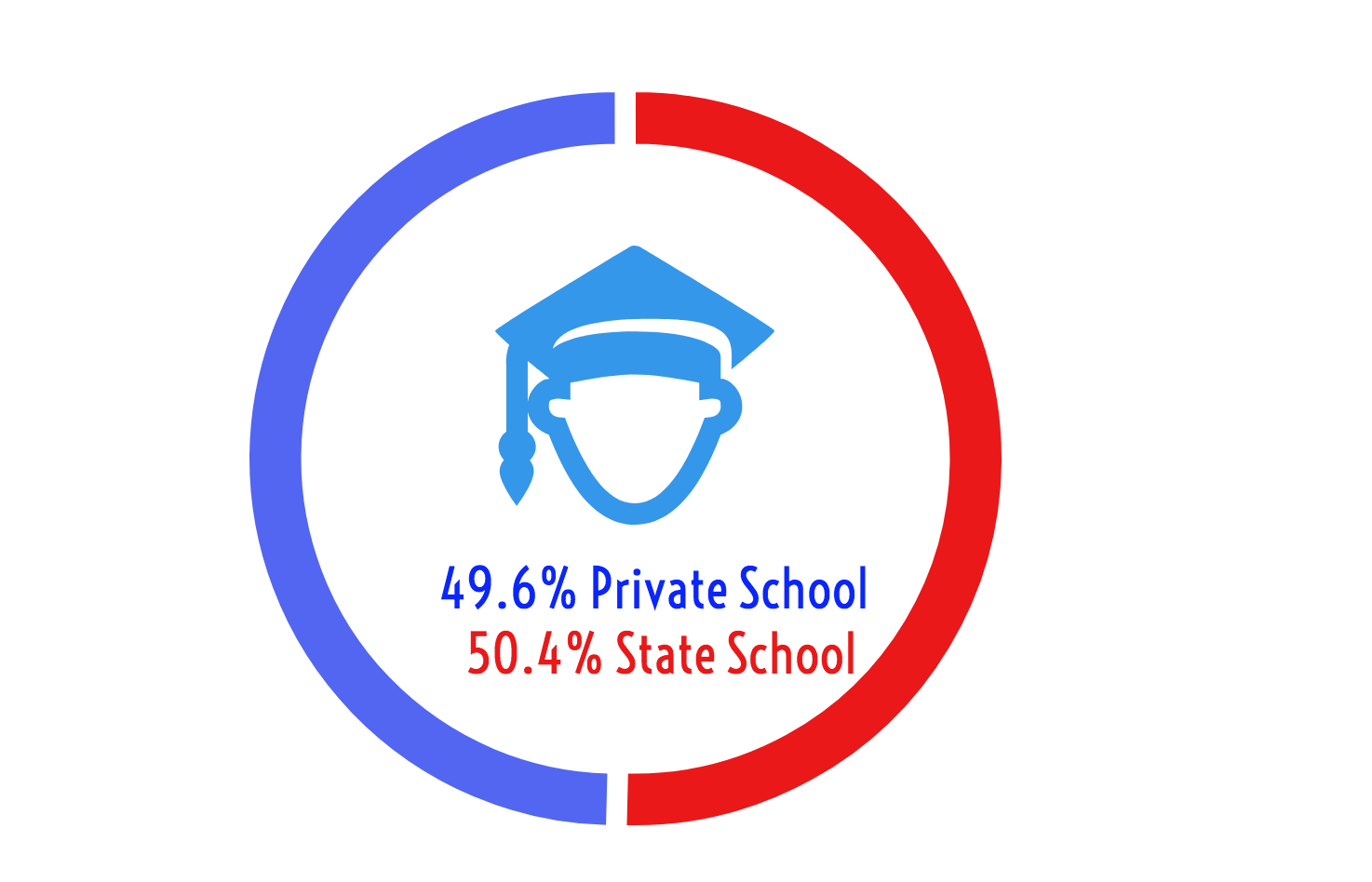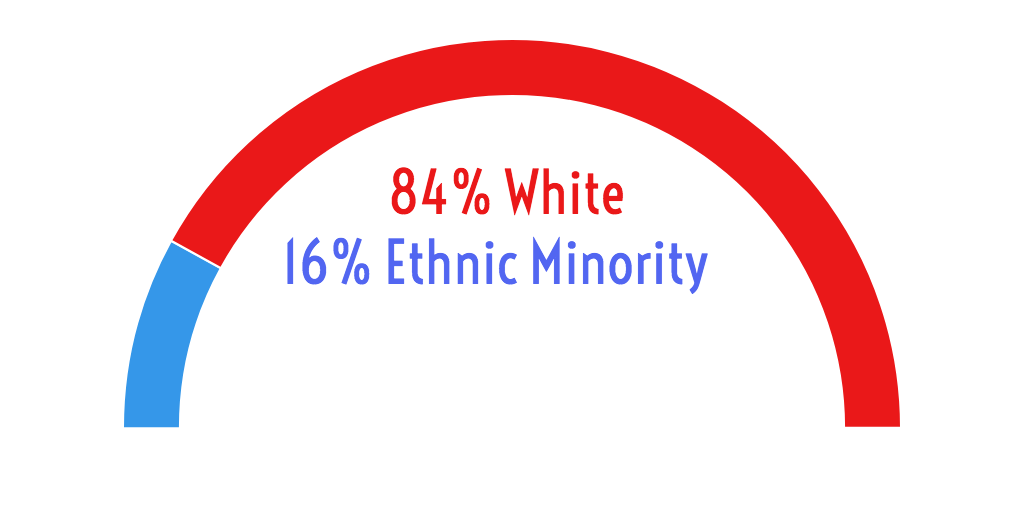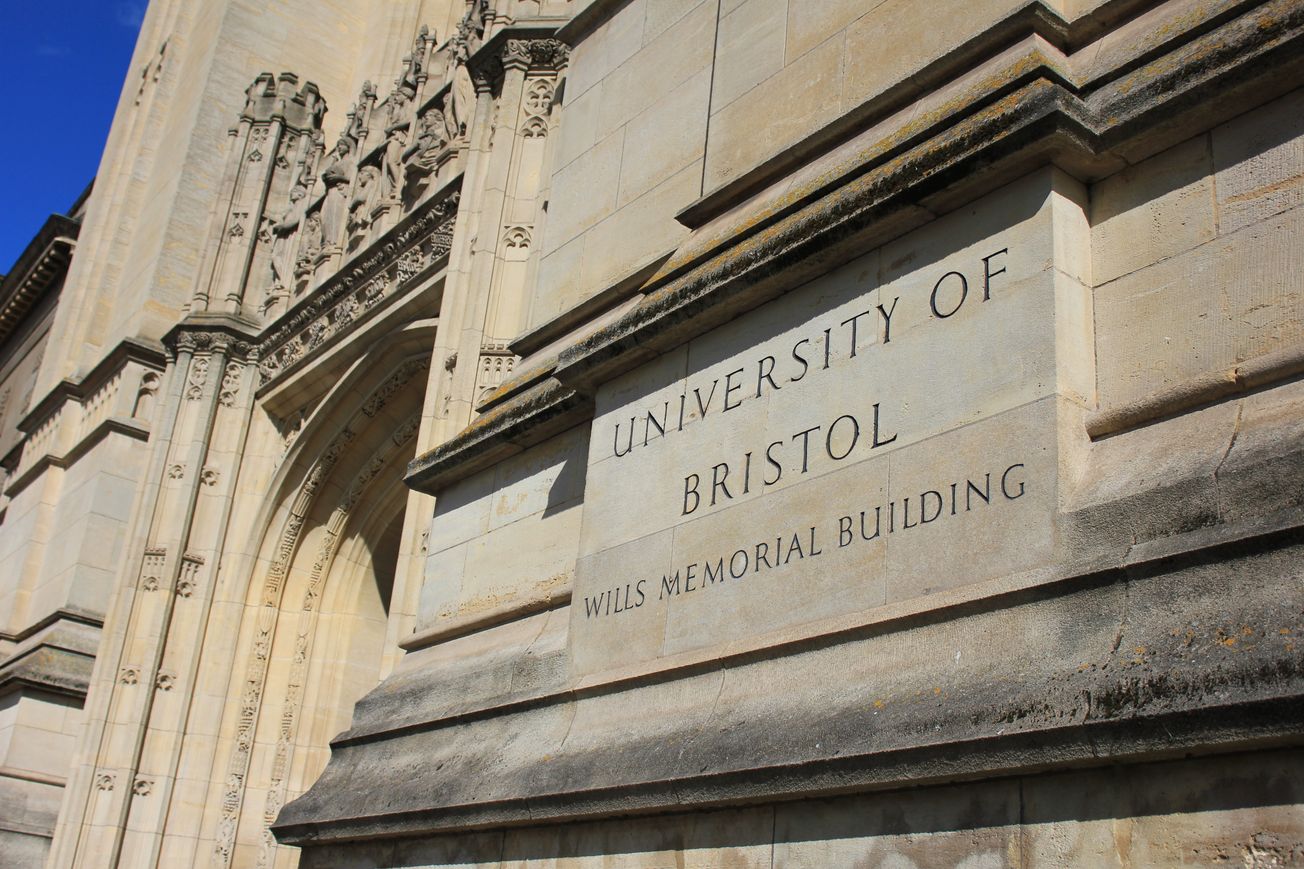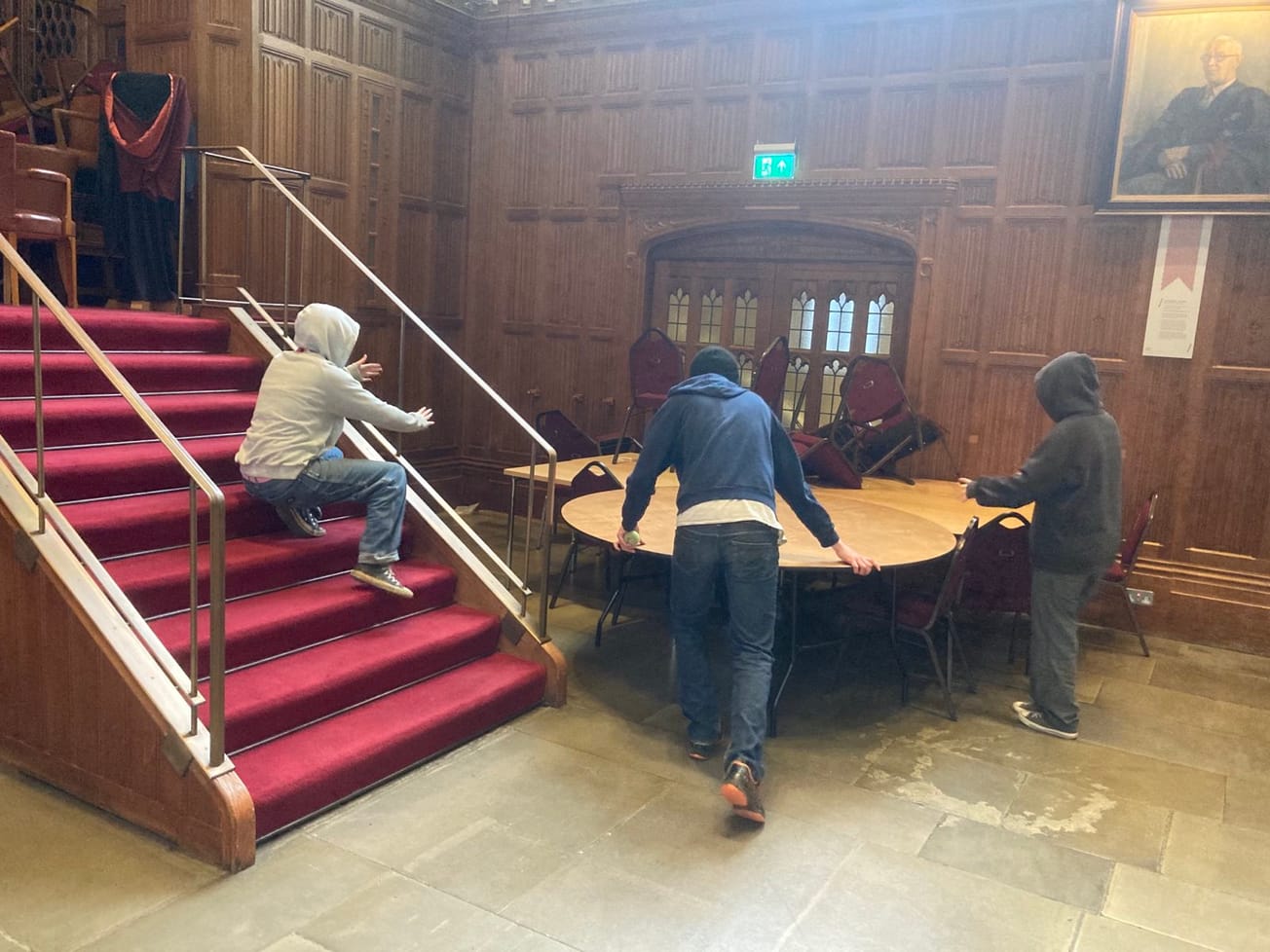By Cameron Scheijde, co-Editor-in-Chief
The new University Guide, released yesterday (23rd Sept), finds the University of Bristol only just better than the Universities of Oxford, Cambridge, Durham and St Andrews for social inclusion.
With state school pupils making up 50.4% of the student body this year (not including grammar schools), Bristol has placed low on the new social inclusion league table published by The Times. Bristol also placed 72nd for ethnic minority intake, with 16% of students coming from minority backgrounds. However, just 2.2% of the intake were black ethnic minority students.
The guide did recognise the efforts made by Bristol to diversify their student body: 'Reducing the standard offer for English and history by a grade, trimming the GCSE demands for medicine, and removing the requirement for maths A-level for management, to attract a broader intake, has helped Bristol to a 13% rise in applications, one of the biggest at any university this year', said the guide online.

Source: The Times Good University Guide 2019
It remarked that the new contextual offers that gives students from aspiring schools offers up to two grades lower was a 'very real attempt to improve social inclusion in an institution that lies fifth bottom in our new ranking in this area'.
The new scheme also includes making offers to five 'high potential students' from every school or college within the Bristol area, based on recommendation from headteachers.
However, it was not all good news for the admissions department as the statistics show that little over half of University admissions come from comprehensive schools.
Related: University tables explained
The guide also remarked on Bristol's research excellence as it placed 6th, despite its three place drop to an overall national position of 19th.
'The 2014 Research Excellence Framework confirmed Bristol’s place among the leading universities in the UK. It ranked alongside Oxford in the top four and was rewarded for entering more than 90% of its eligible staff — a higher proportion than Oxford'
Bristol's national position can be attributed to its disappointing performance in the areas of teaching quality, where it placed 113th, and student experience, where it ranked 111th.
Professor Judith Squires, Pro-Vice Chancellor for Education, said 'It is good to see that we have retained our position within the top 20 Universities nationally in this particular league table. This reflects our excellent graduate prospects and academic reputation'
'We work in close partnership with our students to provide the best possible experience during their time at Bristol, using feedback to continually develop our offer. Current initiatives include the creation of a new campus heart, with more study spaces and a refurbished indoor sports centre, and the delivery of our flagship Bristol Futures curriculum.
We are also introducing a new Wellbeing Service to support the health and wellbeing of our students and staff. Some of the positive changes we have implemented are better recognised in other rankings such as a recently published Times Higher Education (THE) league table that placed Bristol sixth best in Europe for teaching excellence'.

Source: The Times Good University Guide 2019
She continued 'We are firmly committed to making our University into a socially diverse and inclusive community. We are proud that our flagship two-grade contextual offer policy is having a transformative impact on the social diversity of our student community. While we appreciate that there is still significant work to be done, the University is making real progress in diversifying our student community. In the last five years there has been a 90 percent increase in the University’s intake from students attending the lowest performing schools.
'In the past four years there has been a 56 percent increase in the University’s undergraduate intake from Black and Minority Ethnic groups. We have also seen a steady increase in the proportion of our intake from state schools annually since 2013: in 2017 sixty six percent of our intake was from state schools. In 2017, 984 students enrolled at the University from our Aspiring State School list made up of schools in the lowest 40 percent nationally.
We are also immensely proud of our pioneering Bristol Scholars scheme: forty-two Bristol Scholars entered the University in 2017 under this innovative programme that works with students from the city of Bristol who have suffered significant levels of educational or domestic disadvantage'.








